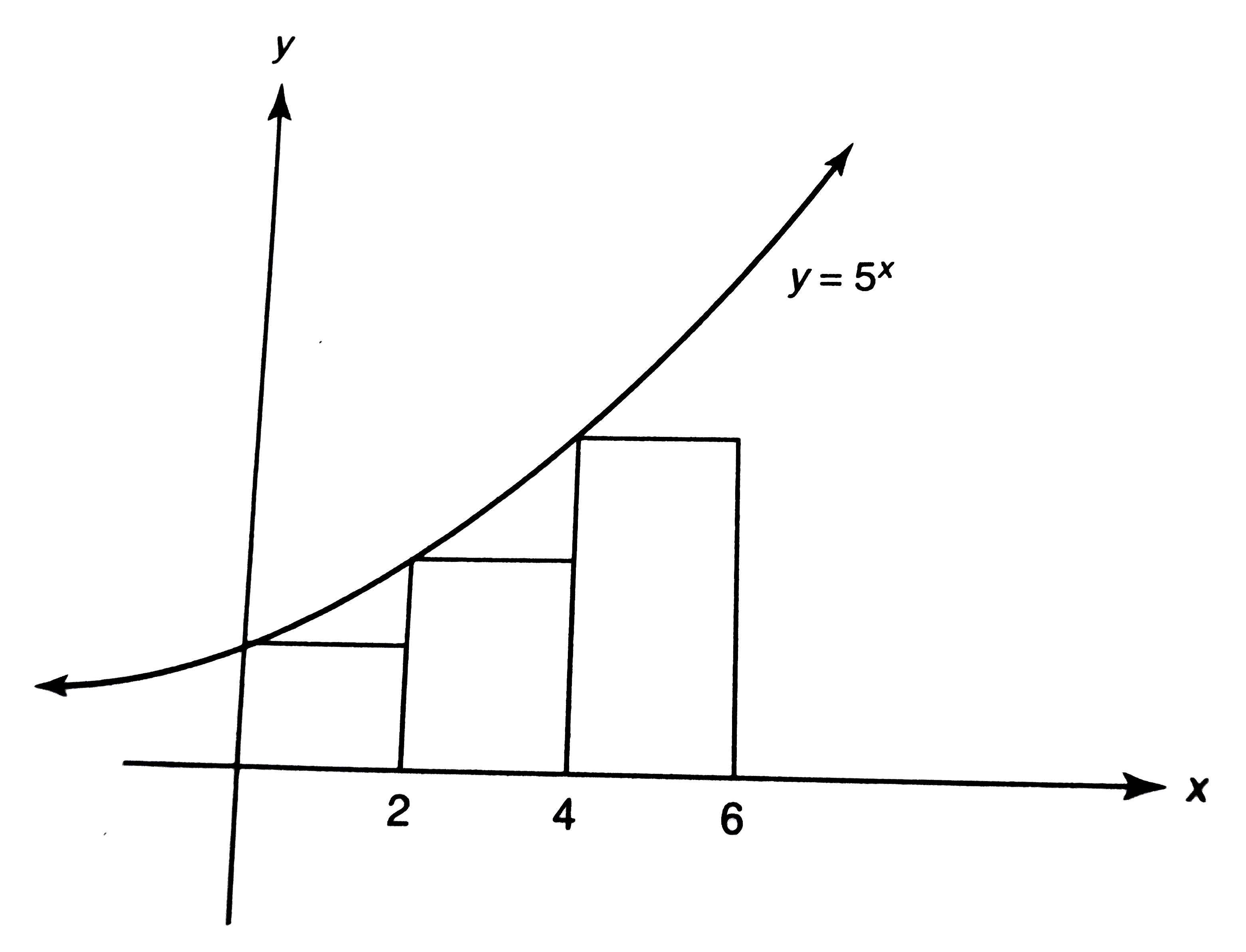If y=f(x2) and f'(x)=e√x, then find dydx
Video Solution
Text Solution
To find dydx for the function y=f(x2) given that f′(x)=e√x, we can follow these steps:
Step 1: Differentiate y=f(x2)
Using the chain rule, we differentiate y with respect to x:
dydx=f′(x2)⋅ddx(x2)
Step 2: Differentiate x2
The derivative of x2 is:
ddx(x2)=2x
Step 3: Substitute the derivative back into the equation
Now substituting the derivative of x2 back into the equation we found in Step 1:
dydx=f′(x2)⋅2x
Step 4: Substitute f′(x2)
We know from the problem that f′(x)=e√x. Therefore, we need to find f′(x2):
f′(x2)=e√x2=ex
Step 5: Final substitution
Now substituting f′(x2) back into the equation for dydx:
dydx=ex⋅2x
Final Answer
Thus, the final result is:
dydx=2xex
---
Using the chain rule, we differentiate y with respect to x:
dydx=f′(x2)⋅ddx(x2)
The derivative of x2 is:
ddx(x2)=2x
Now substituting the derivative of x2 back into the equation we found in Step 1:
dydx=f′(x2)⋅2x
We know from the problem that f′(x)=e√x. Therefore, we need to find f′(x2):
f′(x2)=e√x2=ex
Now substituting f′(x2) back into the equation for dydx:
dydx=ex⋅2x
Thus, the final result is:
dydx=2xex
|
Topper's Solved these Questions
Similar Questions
Knowledge Check
If y=f(x2)andf'(x)=e√x then dydx is equal to
A2xe2√xB2x(ex)C4xe√xD4xexIf f(x) = x√x , then f(√2)=
 A1.4B1.5C1.6D2.0
A1.4B1.5C1.6D2.0
